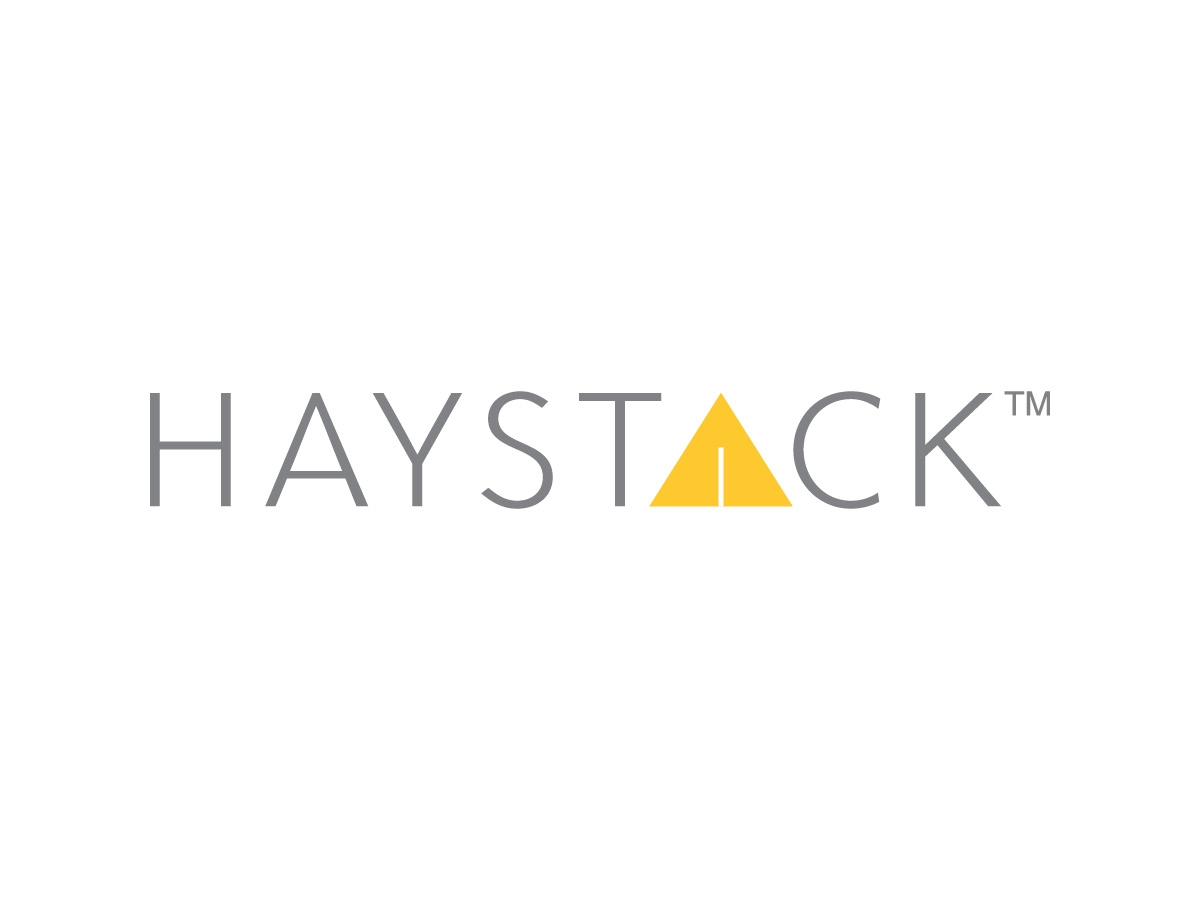OpenAI Alleges DeepSeek Misuses AI Models, Sparking Ethical and Legal Issues

OpenAI Accuses DeepSeek of Misusing Its AI Models
Introduction
Recently, OpenAI, a leader in artificial intelligence (AI) development, made significant allegations against DeepSeek, a Chinese AI startup. OpenAI claims that DeepSeek has illegally employed its proprietary models to create a competing product, raising serious questions about ethical business practices and the security of AI technology.
The Nature of the Allegations
The controversy began on January 28, 2025, when OpenAI accused DeepSeek of using a technique known as “distillation.” This method involves training a smaller AI model to replicate the capabilities of a larger, pre-trained model by using its outputs. OpenAI believes there is substantial evidence indicating that DeepSeek used distillation unlawfully to enhance its own AI systems.
What Is Distillation?
- Definition: Distillation is an AI training strategy where a smaller, simpler model learns from a more complex model.
- Purpose: This method allows developers to create more efficient models that retain much of the larger model’s capabilities.
- Concerns: While distillation can improve efficiency, using a proprietary model without permission raises ethical and legal issues.
OpenAI’s Response
In light of these allegations, OpenAI has launched a thorough investigation to understand the extent of DeepSeek’s use of its models. The organization is also taking proactive measures to safeguard its intellectual property in collaboration with the U.S. government. An OpenAI representative remarked, “We are aware of and reviewing indications that DeepSeek may have inappropriately distilled our models, and will share information as we know more.”
The Broader Context
The allegations come as both the U.S. and China face increased scrutiny in their tech collaborations. There are growing concerns about technological sovereignty and fair competition in the AI industry, which may lead to a reevaluation of global AI governance frameworks.
Insights from Experts
David Sacks, who discusses AI ethics for the White House, suggested that there is “substantial evidence” pointing to intellectual property theft through distillation. He echoed sentiments found in reports by respected outlets like Forbes and Business Insider, stating, “There’s substantial evidence that what DeepSeek did here is they distilled knowledge out of OpenAI models and I don’t think OpenAI is very happy about this.” Sacks highlighted that major AI companies may have to adopt strategies to prevent similar incidents in the future, potentially affecting upcoming regulations.
Industry Implications
DeepSeek recently introduced its R1 reasoning model, which has raised eyebrows for delivering performance comparable to OpenAI’s offerings but at a significantly lower cost. This development has shaken U.S. financial markets, particularly affecting companies like Nvidia, known for their stake in AI technologies.
Potential Impact on AI Companies
- Market Reaction: The launch of DeepSeek’s R1 model has influenced financial perceptions of various AI companies.
- Competitive Dynamics: This situation underscores the competitive nature of the AI industry and the lengths companies might go to in order to gain an edge.
The Ethical Dilemma of Distillation
While OpenAI emphasizes its dedication to ethical AI deployment, the process of distillation presents challenges when it comes to protecting proprietary rights. Enhancing simpler models using data from complex ones without proper consent poses significant legal concerns.
Watching the Developments
Industry watchers are keenly observing this conflict between OpenAI and DeepSeek. The resolution of this dispute could set important precedents for how AI technologies are governed globally. As more companies invest in AI innovation, the outcomes of these allegations may be critical in shaping future practices and regulatory measures in the industry.
The Tension in the Tech Sector
The ongoing situation reflects a broader tension between fostering innovation and safeguarding intellectual property rights. This balance is crucial for the future of technological advancement, especially as AI systems become more integral to businesses worldwide. The resolution of this matter could have a long-lasting influence on how tech is governed and the strategies adopted by businesses in the AI sector.





